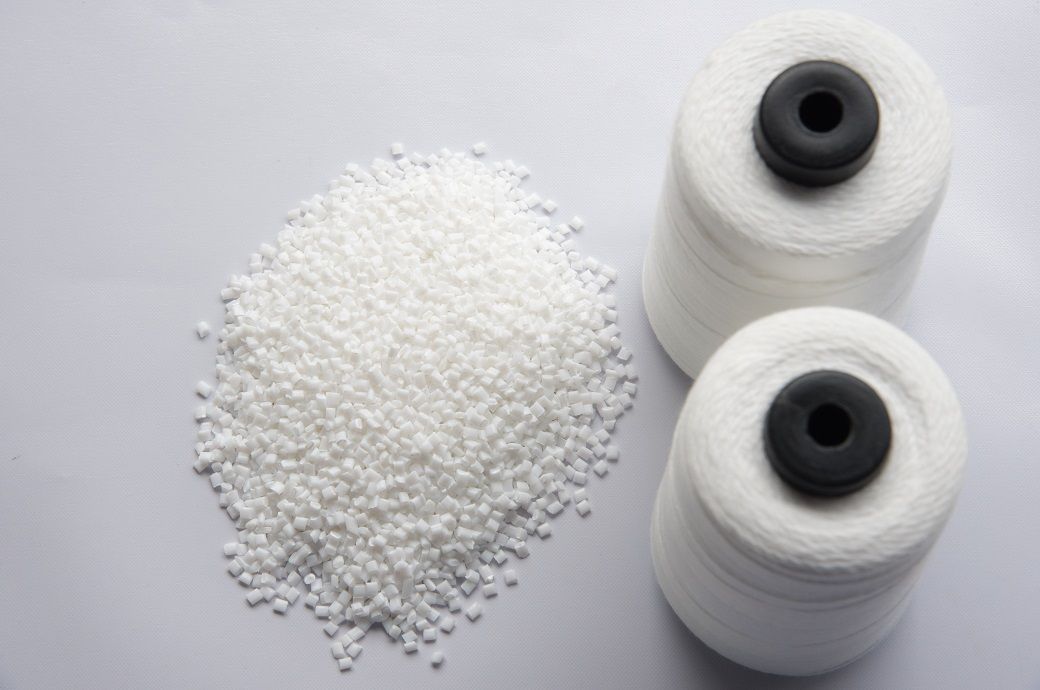
R K Vij, secretary general of the Polyester Textile Apparel Industry Association (PTAIA), submitted a letter to the Union Finance Minister raising this concern. The letter stated: “While correcting the inverted duty structure of the MMF-based polyester industry, two main raw materials, Purified Terephthalic Acid (PTA) and Mono Ethylene Glycol (MEG), were still left under the 18 per cent GST slab, thereby creating a bigger inversion, as fibre, filament, and yarn were reduced from 12 per cent to 5 per cent, increasing the inversion for fibre, filament, and yarn from 6 per cent to 13 per cent.”
PTAIA added that the 18 per cent GST on PTA/MEG, compared to 5 per cent on downstream textile products such as fibre, yarn, and filament, has resulted in a higher duty inversion of ₹9–10 per kg. This will lead to an accumulation of funds for fibre, yarn, and filament manufacturers, blocking ₹2,000–3,000 crore of working capital in the downstream industry, as GST refunds take time to process. This situation also discourages capacity expansion as capital remains blocked.
PTA and MEG are the main raw materials for polyester production. Around 80 per cent of PTA and MEG is consumed in MMF textiles such as virgin and recycled fibre, yarn, filament, fabrics, and garments, while the remaining 20 per cent is used for PET bottles and polyester film packaging. Ultimately, PET bottles are also recycled into fibre and filament, which are again used in textiles.
The industry body highlighted that India produces around 106 lakh tons of PTA/MEG annually, of which 74 lakh tons are consumed by the textile industry, while the rest go into bottle-grade PET chips and polyester film packaging. Even materials used for PET bottles eventually return to the textile industry through recycling.
PTAIA argued that the government has already reduced GST on basic raw materials used in fertiliser manufacturing from 18 per cent to 5 per cent to promote cotton growth. Therefore, a similar reduction in GST on PTA/MEG would boost the man-made fibre industry.
The association stressed that to achieve the target of $350 billion in total textile trade, including $100 billion in exports by 2030, India’s MMF industry must grow. Ensuring that PTA/MEG are available at international prices is crucial for this growth. PTAIA has once again urged the government to reduce the GST on PTA/MEG from 18 per cent to 5 per cent in line with MMF fibre, yarn, and filaments, to eliminate duty inversion, create additional jobs, and encourage fresh investments.
Vij told Fibre2Fashion on the matter, “The basic problem of polyester raw materials is that they are considered chemicals. This is the reason they are looked after by the Ministry of Petrochemicals. But at least one step above the raw material of polyester staple fibre should be considered as textile products. Purely textile companies are left under stress due to tax inversion.”
ALCHEMPro News Desk (KUL)
Receive daily prices and market insights straight to your inbox. Subscribe to AlchemPro Weekly!